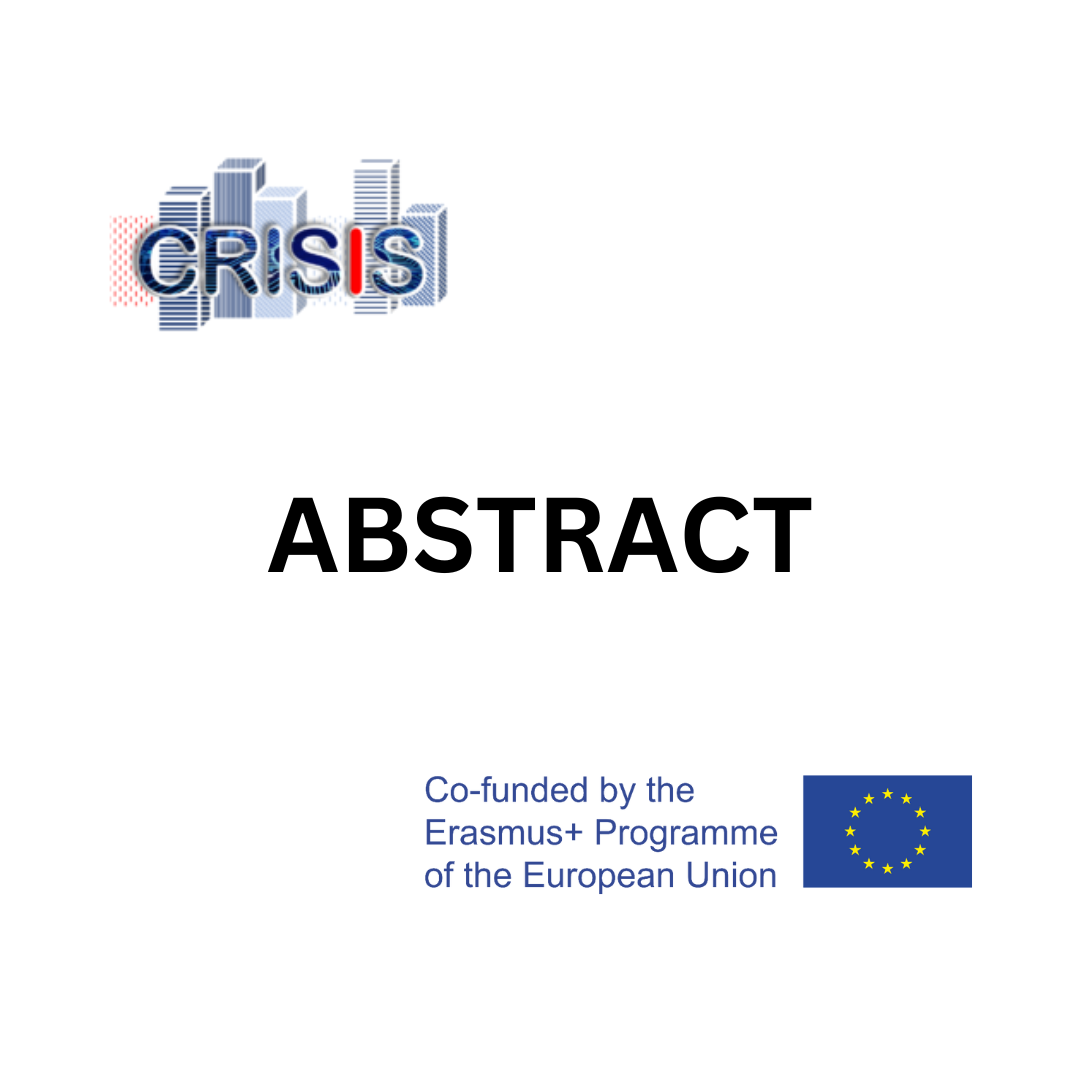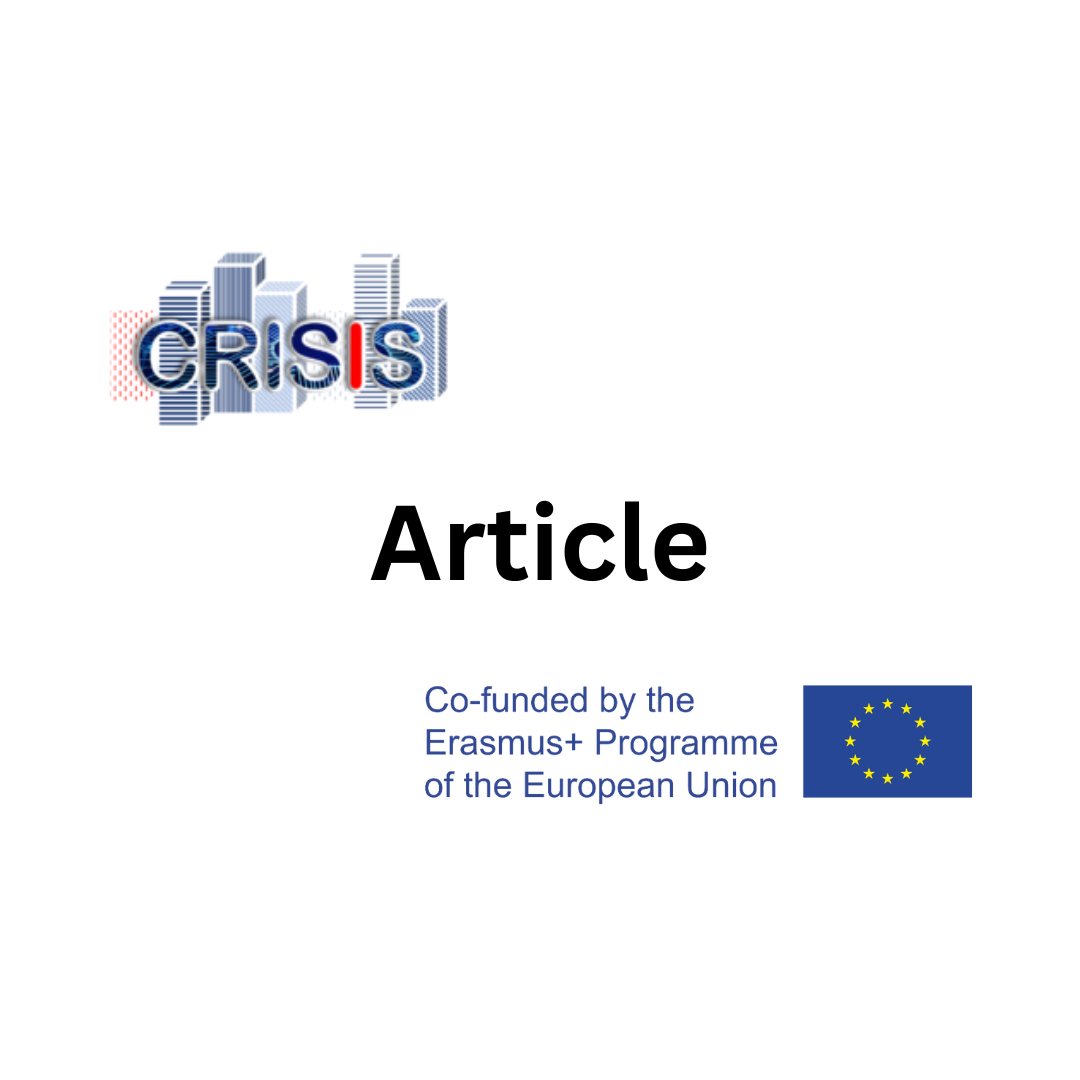Cities are the main pillars of human and economic activity (Caragliu/Del Bo, 2019). The focus of urban development is on economic strength, efficiency, sustainability, and, not least due to current environmental events, resilience of cities (Caragliu/Del Bo, 2019; Iammarino et al., 2019). (Caragliu/Del Bo, 2019; Iammarino et al., 2019). An additional focus of today’s cities is also on the introduction, control, and targeted use of digital resources (e.g., data platforms, sensors, infrastructure data, portals) with the aim of improving the aforementioned dimensions (Warnecke et al., 2019).
Small cities in Germany are defined as municipalities with 5,000 to 20,000 inhabitants or with at least one urban function (e.g., hospitals, district offices); medium-sized cities are defined as municipalities with 20,000 to 100,000 inhabitants; large cities have more than 100,000 inhabitants (Wolff et al., 2021). Municipalities occupy approximately 48% of the total land area in Germany and are home to over 43 million people, more than half of the total population (Wolff et al., 2021). However, smaller and medium-sized cities, especially in rural areas, face particular challenges in terms of their development opportunities: They face out-migration of either young, skilled people due to a lack of quality of life (e.g., transportation infrastructure, housing, or cultural facilities) or economic weakness (Iammarino et al., 2019). As a result, the population structure in small and medium-sized cities is different from that in large cities .
However, small and medium-sized cities, especially those in rural areas, face particular challenges in terms of their development opportunities; for example, they have comparatively little financial resources for resilience and urban development (Iammarino et al., 2019). To enable these cities to overcome them, we developed a maturity model for their specific needs (Becker et al., 2009).
We use the small city of Bad Hersfeld in Hessia to show how smart city activities can be incorporated into the maturity model and weighted to address specific needs. Bad Hersfeld is a medium-sized city with about 30,000 inhabitants in the middle of Germany and has made a name for itself nationwide and even internationally as a smart city pioneer (Smart Cities Connect, 2022). The city does not pursue large and oversized projects, but those that can be practically implemented and directly experienced. Recently, the city was even awarded the Smart 50 Award by the internationally renowned Smart Cities Connect organization for its smart city initiatives. This medium-sized smart city is used to demonstrate how the presented maturity model can serve as a supporting tool for resilience activities in smart cities for small and medium-sized cities.
Note: The original version of the article is available in German. If you have any questions about it, please feel free to contact us at [email protected].
Controlling, Band 34, Issue 5, 2022, S. 20-26. {Link}
Literature:
Becker, J./Knackstedt, R./Pöppelbuß, J., Developing Maturity Models for IT Management. Business & Information Systems Engineering, 2009, 1. Jg., H. 3, S. 213–222.
Caragliu, A./Del Bo, C. F., Smart innovative cities: The impact of Smart City policies on urban innovation. Technological Forecasting and Social Change, 2019, 142. Jg., S. 373–383.
Giffinger, R./Haindlmaier, G., Smart cities ranking: an effective instrument for the positioning of the cities? ACE: architecture, city and environment, 2010, 4. Jg., H. 12, S. 7-26.
Iammarino, S./Rodriguez-Pose, A./Storper, M., Regional inequality in Europe: evidence, theory and policy implications. Journal of Economic Geography, 2019, 19. Jg., H. 2, S. 273–298.
Lullusfest, Enner, zwoon, dräi -Bruder Lolls!, https://www.lullusfest.de, Stand: 05.07.2022.
Smart Cities Connect, 7th Annual Smart 50 AwardsHonoring the 50 most transformative smart projects each year, https://spring.smartcitiesconnect.org/Smart50Awards/, Stand: 05.07.2022.
Smart City Forum, Willkommen auf den Seiten des Smart City Forum, https://smart-city-forum.de, Stand: 05.07.2022.
Warnecke, D./Wittstock, R./Teuteberg, F. (2019). Benchmarking of European smart cities – a maturity model and web-based self-assessment tool. Sustainability Accounting, Management and Policy Journal, 2019, 10. Jg., H. 4, S. 654–684.



